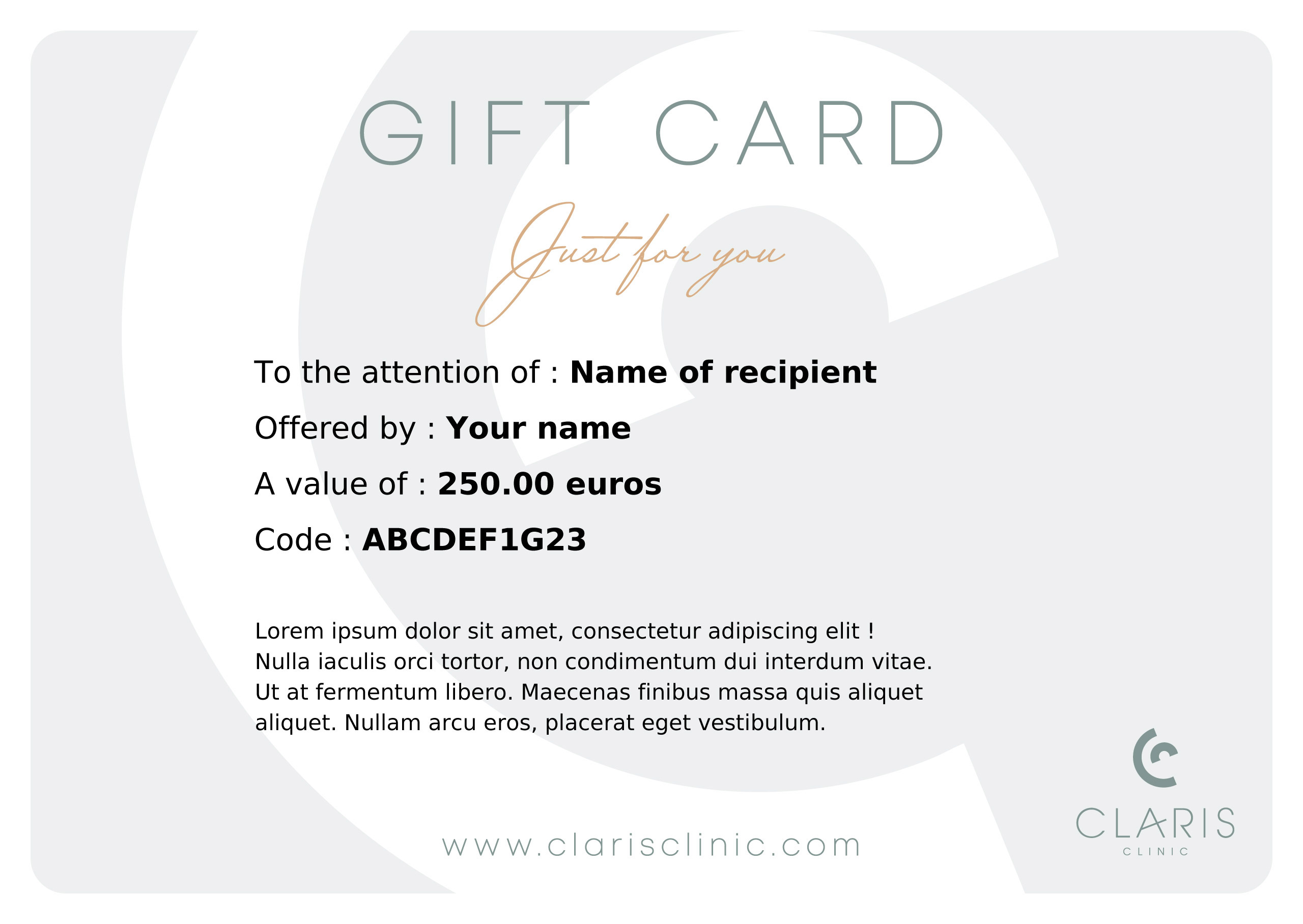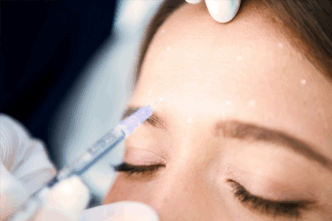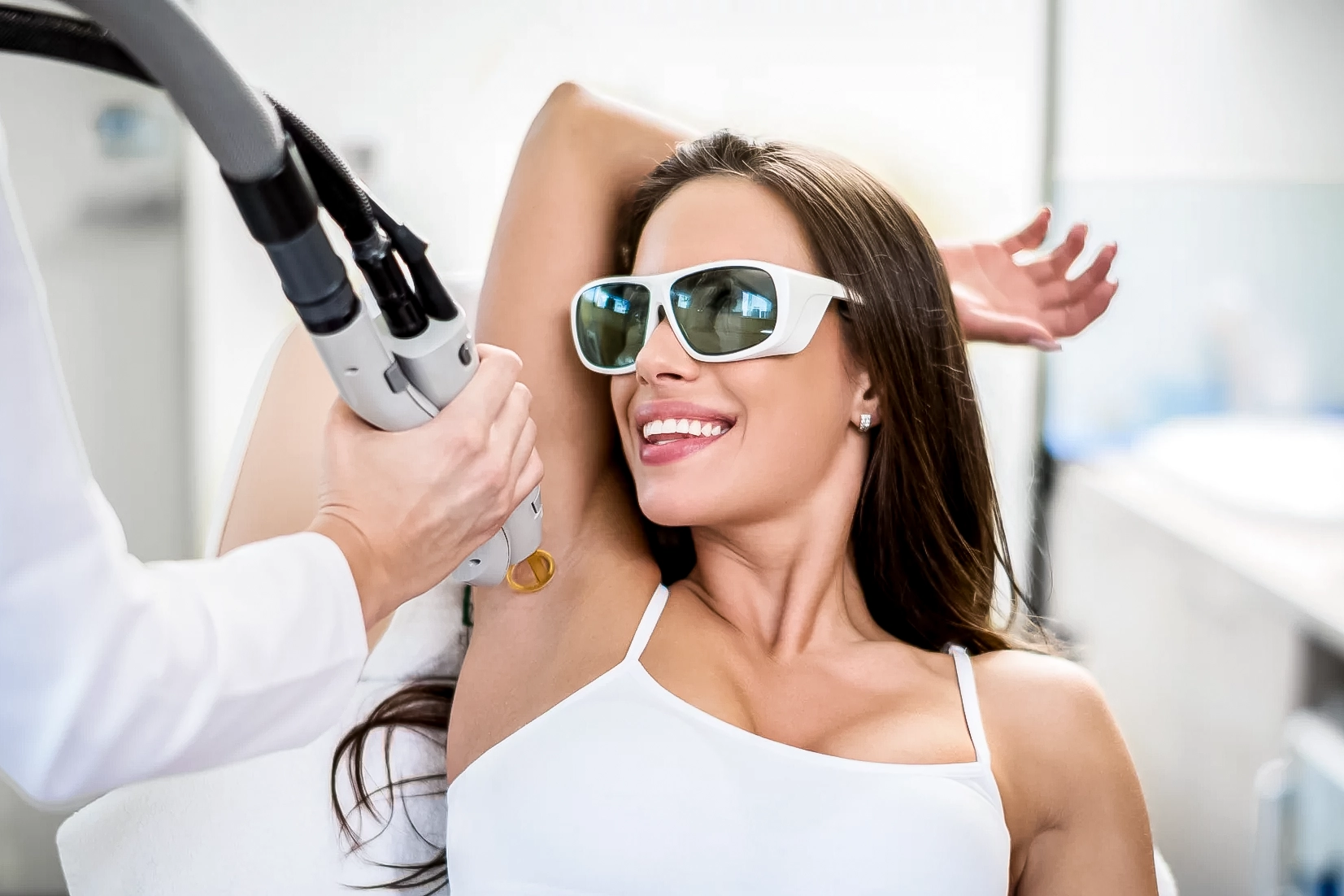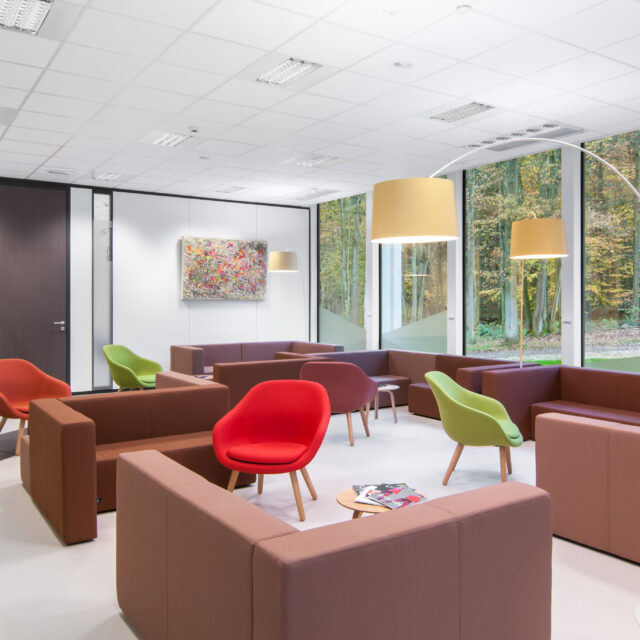Laser hair removal is effective, long-lasting and increasingly popular. But what about sensitive skin, prone to redness, eczema or frequent skin reactions? The good news is: yes, laser hair removal is possible, as long as you follow a rigorous protocol adapted to each skin profile.
Prerequisites to be taken into account
Before any laser hair removal session on sensitive skin, several criteria must be carefully analyzed:
Skin type (Fitzpatrick classification)
Presence of eczema, rosacea or dermatitis
Skin reactivity to heat or light
Current dermatological treatments (creams, corticoids, retinoids, etc.)
A complete assessment of the skin’s condition helps to avoid undesirable effects and to adapt the treatment protocol.
Assessment of skin reactivity
Before considering laser hair removal, a tolerance test can be carried out on a small area to observe skin reaction. This makes it possible to :
Detecting light hypersensitivity
Assessing the level of post-laser inflammation
Safely adapt treatment intensity
This test is essential for reactive skin or skin pathologies such as eczema or atopic dermatitis.
Consultation with a dermatologist
A prior consultation with a dermatologist is strongly recommended for patients with sensitive skin. This professional can :
Make a precise diagnosis
Identify temporary or permanent contraindications
Defining areas to avoid in the event of active lesions
The collaboration between dermatologist and aesthetic practitioner guarantees a safe and appropriate treatment.
Choosing the right laser technology
Not all laser technologies are suitable for sensitive skin. Here are the most frequently used options:
Laser Alexandrite: effective on fair skin, but may be too aggressive for sensitive skin.
Nd:YAG laser: ideal for dark skins, it is also better tolerated by reactive skins thanks to its depth of action.
Diode laser: versatile, with a good compromise between efficiency and smoothness, especially at low frequencies.
Specific parameter settings
To minimize the risk of redness or irritation, the laser parameters must be adjusted: 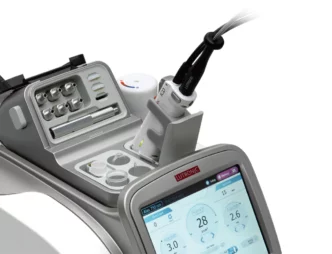
Reduced fluidity (energy)
Longer pulse duration
Frequency adapted to phototype and skin sensitivity
Exclusion zones if the skin shows active lesions
An experienced practitioner will be able to calibrate the device according to the skin’s tolerance threshold.
Use of soothing products
Before and after each session, we recommend the use of suitable dermocosmetic products:
Thermal water mists
Pure aloe vera gels
Soothing creams (such as Cicalfate®, Bepanthen®…)
Perfume- and alcohol-free repair serums
These treatments promote skin recovery and prevent inflammation.
Post-treatment follow-up
A personalized follow-up is crucial after each laser hair removal session on sensitive skin. It includes:
Observation of reactions within 48 hours (redness, heat, itching)
Communication with the practitioner in the event of abnormal signs
Specific recommendations between sessions
Some skins require longer intervals between sessions to promote recovery.
Preventing skin reactions
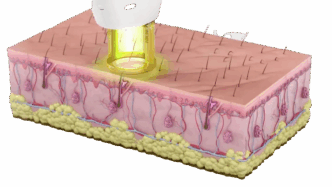
Here’s a checklist to limit adverse reactions:
- Avoid the sun 10 to 15 days before and after the session
- Do not apply irritating products (acids, scrubs, etc.) 72h before/after.
- Do not scrape or rub the treated area
- Wear loose-fitting, breathable clothing after the session
- Apply SPF50 sun protection every day
Recommendations for home care
Post-laser care must be adapted to sensitive skin:
Gentle, soap-free cleaning
Twice-daily moisturizing with a rich, neutral cream
Sun protection even in winter
Avoid make-up for 24 to 48 hours after the session
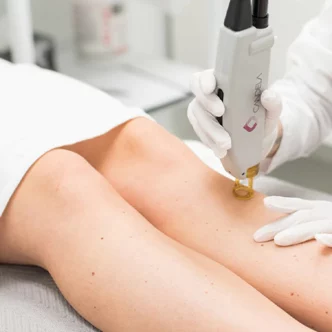
Patient awareness and education
Good laser hair removal on sensitive skin also requires patient education:
Understanding treatment limits and precautions
Take charge of your own skin care
Follow instructions between sessions
Do not continue if dermatological symptoms worsen
Communication with the practitioner is essential to adapt the protocol throughout the treatment.
Conclusion
Laser hair removal is perfectly possible on sensitive skin, provided you have professional supervision, an adjusted protocol and rigorous follow-up. Dermatological consultation, adapted technology, specific settings and post-laser care are the keys to safe, effective results.


